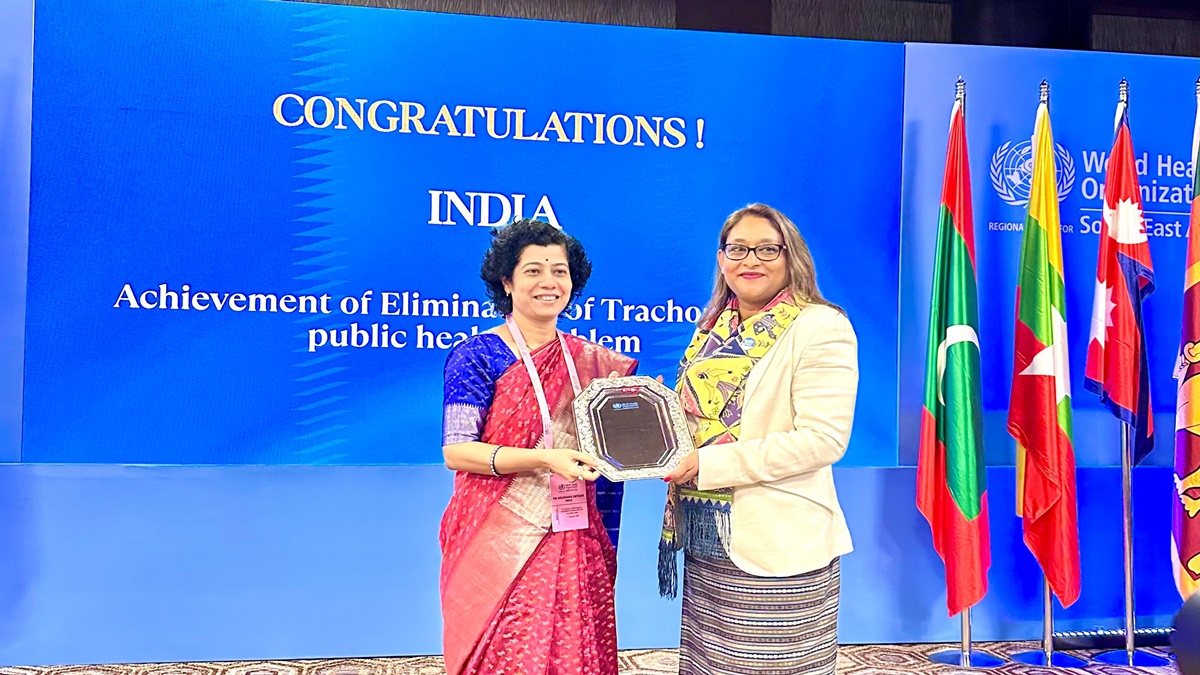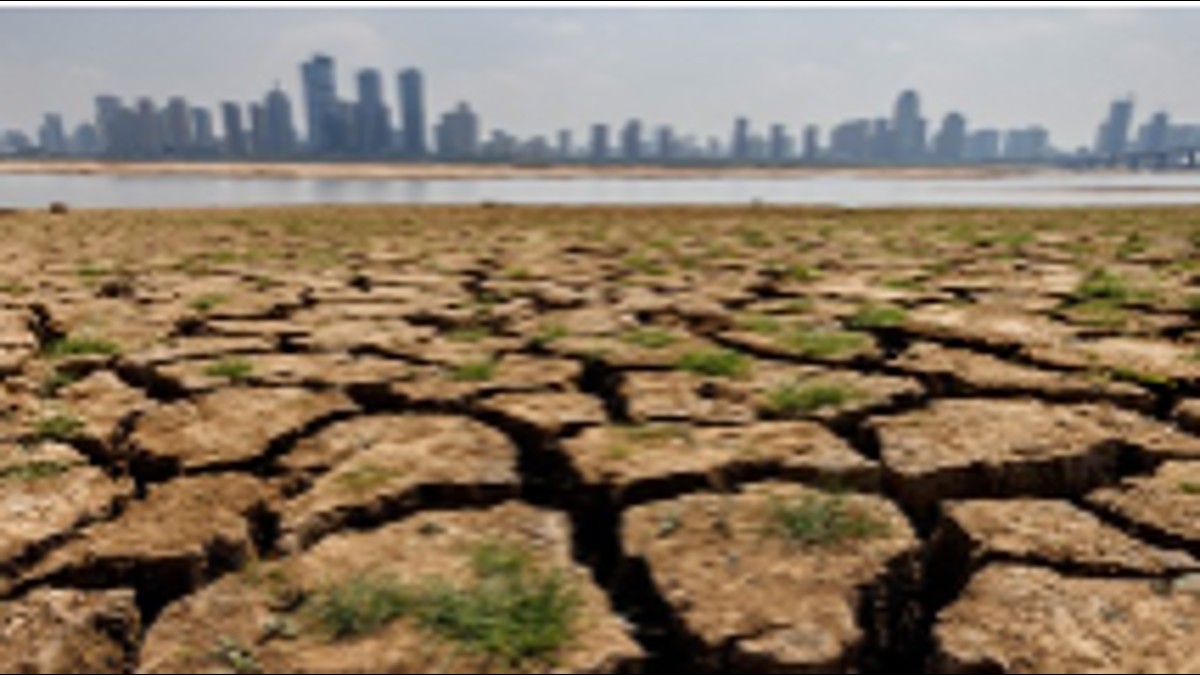Diphtheria Cases in Rajasthan: In the last 30 days around seven children in the Deeg city of Rajasthan have died after getting infected with diphtheria . Following the deaths, the Health Ministry has sought a report on the deaths. Reportedly, the contacted state authorities to get details on immunisation coverage, active cases of diphtheria, active cases survey and children undergoing treatment for the disease. According to a report by TOI, four of these deaths occurred in September, and three in October. Meanwhile, the teams of the state health department and World Health Organization (WHO) have landed in the district and started vaccination. “On September 14, we received information of the first death of a child due to diphtheria in Kaman area. After this, the medical department started screening children in Kaman and surrounding areas. Diphtheria is preventable with vaccination. This disease has been prevalent for a long time in this area because of people’s unwillingness to get vaccinated. There is superstition related to vaccination which the local people believe and do not vaccinate their children. We have tried to convince the locals several times but have faced stiff opposition,” Deeg district CMHO Vijay Singhal said as quoted by Indian Express. Singhal further said a number of drives have been organised in the district area but the situation has not improved. Diphtheria is a disease caused by a bacterium that affects the upper respiratory tract and less often the skin. It also produces a toxin that damages the heart and the nerves. According to WHO, diphtheria can affect anyone but was most common in unvaccinated children. Recently, as a result of under vaccination, outbreaks have been occurring with increasing frequency despite the availability of a safe and effective vaccine, the global health agency revealed. Children often present with more severe symptoms, such as a high fever, difficulty swallowing, and airway blockage, Dr Tushar Tayal, Consultant, Internal Medicine, CK Birla Hospital, Gurugram told Financial Express.com. “The thick grayish membrane in the throat can sometimes lead to severe breathing difficulties or suffocation. Young children may also be at higher risk for complications, including myocarditis,” Dr. Tayal revealed. According to Dr. Tayal, symptoms in adults tend to be milder, especially in those who have been previously vaccinated. “However, unvaccinated adults or those with weakened immune systems may experience severe illness similar to children. Adults may primarily present with sore throat, hoarseness, and mild fever but still carry the risk of complications. Adults may also present with skin diphtheria, which is more common in regions where vaccination rates are lower,” he told Financial Express.com. Typical symptoms of the infection include a sore throat, fever, swollen neck glands and weakness. Within 2–3 from infection, the dead tissue in the respiratory tract forms a thick, grey coating that can cover tissues in the nose, tonsils and throat, making it hard to breathe and swallow. According to WHO, most severe disease and deaths from diphtheria occur as a result of the diphtheria toxin and its effects. Cases of diphtheria are usually treated with diphtheria antitoxin as well as antibiotics. According to WHO, individuals who have been in contact with cases of diphtheria should be treated with antibiotics prophylactically to prevent illness. Diphtheria can be prevented by vaccines that are often given in combination with tetanus and pertussis and other diseases. WHO recommends a total of 6 diphtheria-containing vaccine doses be given starting at 6 weeks of age through adolescence to provide long term protection. None
Popular Tags:
Share This Post:


Former One Direction member Liam Payne dies after falling from a balcony in Buenos Aires
October 17, 2024What’s New
Spotlight
Today’s Hot
-
- October 15, 2024
-
- October 11, 2024
-
- October 10, 2024
Featured News
Latest From This Week
Navaratri 2024: How dehydration during fasting can increase the risk of UTIs
LIFE
- by Sarkai Info
- October 9, 2024
Subscribe To Our Newsletter
No spam, notifications only about new products, updates.




























